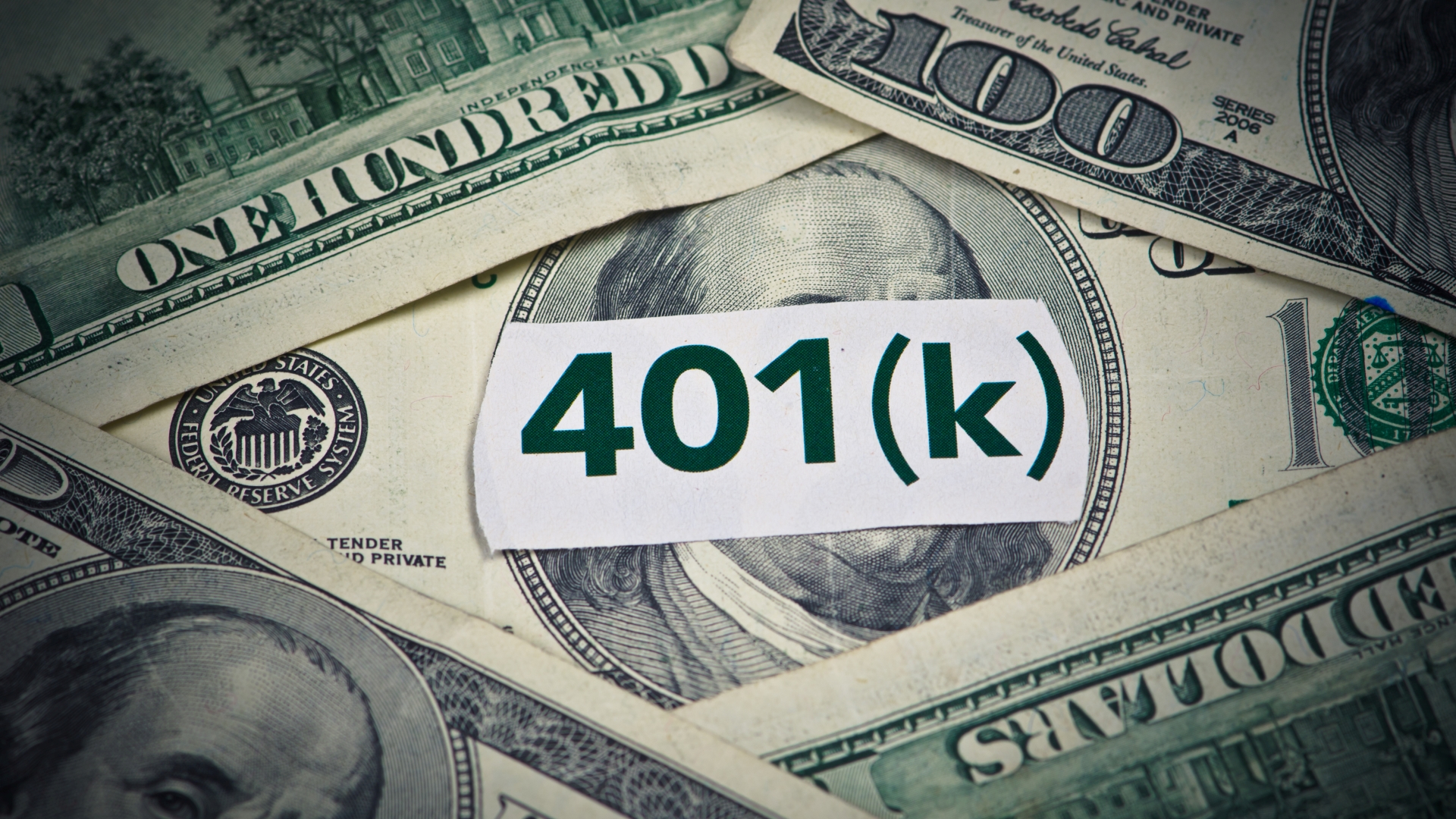
If you’re hoping for a comfortable retirement, you may want to check in on your 401(k) to make sure it’s not underperforming.
Learn More: Here’s Why You Might Want To Invest Your Retirement Savings in a Roth 401(k)
Find Out: These Cars May Seem Expensive, but They Rarely Need Repairs
Experts say the vast majority of employer-sponsored retirement accounts are underserving their investors. Many 401(k) accounts are either underperforming or overpriced. Just as alarming, almost 84% of 401(k) plans may have at least one type of red-flag infraction, which could lead to fines or penalties.
Concerned about your 401(k)? Here are the signs to watch out for, and the best ways to fix potential problems with your retirement account.
Excessive Fees
Ted Benna, the “father of the 401(k),” warned that many employer-sponsored plans charge excessive fees. In fact, he told The New York Times the whole mutual fund industry has profited enormously from 401(k) plans.
Even small fee increases, which may seem innocuous, can add up over time. Benna explained that “over the life of an investment, it is a real hit — it is gigantic.”
Read Next: I’m a Financial Expert: This Is the No. 1 Mistake Americans Make With Their 401(k)
The Ideal 401(k) Fee Structure
Almost 8 in 10 corporate retirement plans with at least 100 employees are overpaying on 401(k) fees, according to research from the consulting firm Abernathy-Daley. Any company paying more than 0.3% is probably overpaying, the report suggested.
Unnecessarily high fees can make a big difference in the size of your retirement fund. The U.S. Department of Labor pointed out that even a 1% increase in 401(k) fees could reduce savings by 28% for participants who set aside money over the course of 35 years or more. That could mean the difference between a comfortable retirement and one that has you pinching pennies and scraping by.
Underperforming Funds
A 401(k) fund can underperform for a number of reasons, including:
- Market fluctuations
- Loss of funds due to fraud or dishonesty
- Insufficient investment choices
- High fees
Of course, no 401(k) is immune to market fluctuations. However, consistent underperformance is usually due to a systemic problem, like poorly chosen investment options or a lack of diversification.
Violations in the Fund
Abernathy-Daley estimated that 43% of 401(k) plans in the U.S. have at least one severe violation in areas like fraud or dishonesty, insufficient fidelity bonds or a failure to offer qualified default investment alternatives. These factors could all impact your fund’s performance, with your retirement savings taking a major hit. Violations could also cost your company a significant amount of money, thanks to penalties and fines imposed by regulators.
A whopping 76% of American 401(k) plans are also plagued with at least one less serious violation, which could also impact participants’ finances. These relatively minor infractions include:
- Failing to offer automatic enrollment
- Failing to issue corrective distribution of excess contributions
- Failing to disburse payments in a timely manner
What Should You Do?
So what should investors do if they’re concerned about their employer-sponsored retirement plan?
Perform Your Due Diligence
If you have any concerns about your 401(k) plan or if you’ve noticed any of the red flags described above, then it’s time to take action.
If possible, schedule a one-on-one meeting with your company’s plan manager and explain your concerns. Request to see the fund’s benchmarking analysis, a comparative assessment that can tell you how well your fund stacks up against other 401(k) plans.
The Department of Labor recommends benchmarking 401(k) plans at least every three years. The more frequently the benchmarking is done, though, the better.
If your company’s fund manager hasn’t performed a benchmark in at least three years, they’re probably taking a hands-off approach. This could be a major factor causing the fund to underperform, and hurt your retirement savings.
Fixing the Problem
It’s a good idea to take your concerns about your 401(k) to your company’s human resources department. Make sure the company understands that 401(k) infractions could result in severe penalties and stiff fines. The threat of these penalties should be enough to motivate your company to address any problems with the way your 401(k) is being managed.
More From GOBankingRates
- 5 Old Navy Items Retirees Need To Buy Ahead of Fall
- I Paid Off $40,000 in 7 Months Doing These 5 Things
- 4 Housing Markets That Have Plummeted in Value Over the Past 5 Years
- 10 Genius Things Warren Buffett Says To Do With Your Money
This article originally appeared on GOBankingRates.com: 3 Key Signs Your 401(k) Isn’t Doing as Well as It Should Be — and How To Fix It







